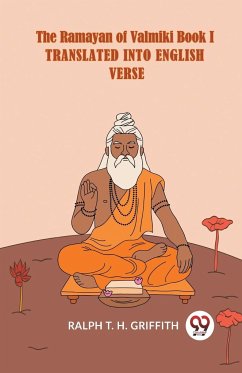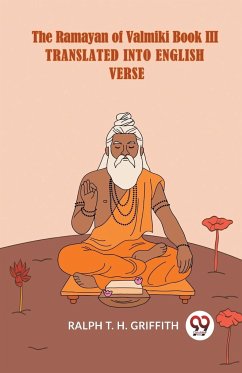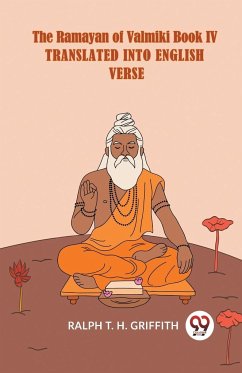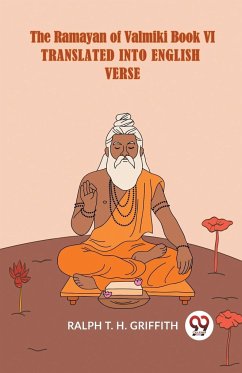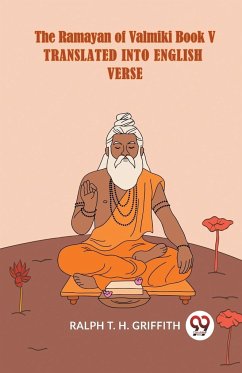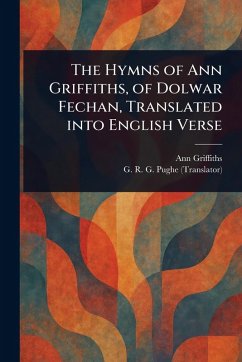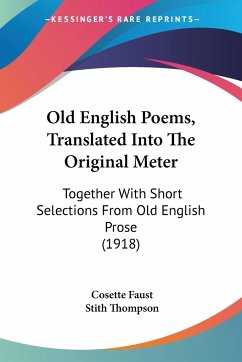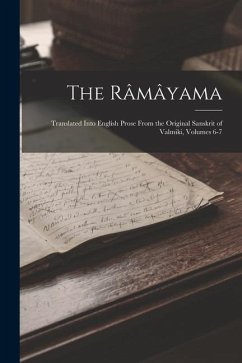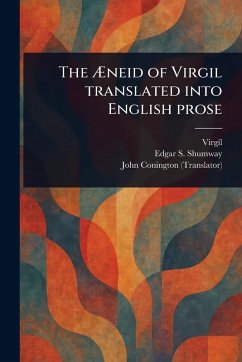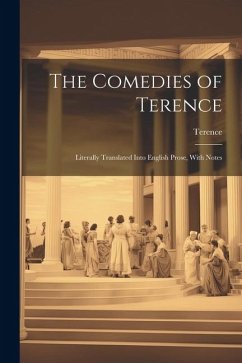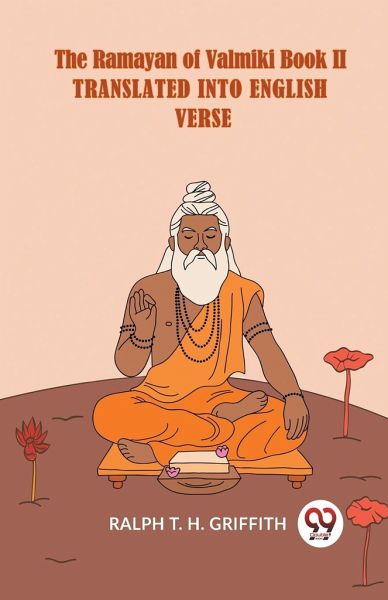
The Ramayan Of Valmiki Book II Translated Into English Verse
Versandkostenfrei!
Versandfertig in 1-2 Wochen
25,99 €
inkl. MwSt.

PAYBACK Punkte
13 °P sammeln!
"The Ramayana" attributed to the historical sage Valmiki is one of India's maximum celebrated epic poems. Book 2, additionally referred to as "Ayodhyakanda," is a pivotal a part of this epic. This book takes the narrative forward, exploring the aftermath of Lord Rama's banishment and the challenges confronted via his family.In "Ayodhyakanda," the point of interest shifts to Ayodhya, the dominion Rama left behind. It delves into the emotional turmoil of King Dasharatha, who is crushed with grief because of his separation from Rama. Meanwhile, Rama's committed spouse Sita and dependable brother ...
"The Ramayana" attributed to the historical sage Valmiki is one of India's maximum celebrated epic poems. Book 2, additionally referred to as "Ayodhyakanda," is a pivotal a part of this epic. This book takes the narrative forward, exploring the aftermath of Lord Rama's banishment and the challenges confronted via his family.In "Ayodhyakanda," the point of interest shifts to Ayodhya, the dominion Rama left behind. It delves into the emotional turmoil of King Dasharatha, who is crushed with grief because of his separation from Rama. Meanwhile, Rama's committed spouse Sita and dependable brother Lakshmana accompany him into exile. The book explores their trials and tribulations as they wander thru the forest. This book introduces a key individual, Surpanakha, a demoness who encounters Rama and Lakshmana in the wooded area and sparks a series of occasions leading to Ravana's involvement. Ravana, the demon king of Lanka, is one of the valuable antagonists of the epic. Ralph T. H. Griffith's English translation makes "Ayodhyakanda" and the whole Ramayana accessible to a worldwide target audience. Griffith's work preserves the poetic splendor and moral classes of Valmiki's unique, allowing readers to delve into the timeless narrative, wealthy cultural insights, and deep philosophical themes observed on this epic. "Ayodhyakanda" is a crucial part of the Ramayana that units the stage for the epic's unfolding drama and the eventual warfare between Rama and Ravana.





